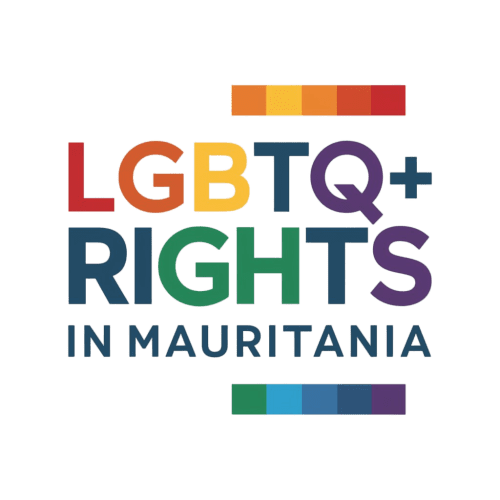Is the LGBTQ+ Community in Mauritania Left Alone?
The International Community's Response to Human Rights Challenges in Mauritania: Is the LGBTQ+ Community in Mauritania Left Alone?
In Mauritania, the LGBTQ+ community faces severe repression and harsh legal and societal conditions. Mauritanian laws criminalize homosexuality and gender transition, imposing severe penalties, including the death penalty. In this context, the question arises:
Where is the international community?
Has the LGBTQ+ community in Mauritania been left to face its fate alone?
This article examines the positions of the international community and international human rights institutions regarding human rights issues in Mauritania, focusing on the lack of serious responses to the violations faced by the LGBTQ+ community, indicating a clear double standard in international norms.
Analyzing the Role of the United Nations and International Human Rights Institutions
In recent years, the United Nations and some international human rights organizations have released reports addressing the human rights situation in Mauritania. However, these reports remain limited in impact and have not translated into concrete actions compelling the Mauritanian government to improve human rights conditions, especially concerning the LGBTQ+ community.
Although organizations like Human Rights Watch and Amnesty International have issued reports condemning discriminatory laws and policies in Mauritania, these condemnations have not been followed by adequate international pressure or actions. Mauritania continues to maintain normal diplomatic and economic relations with many countries and has not faced any sanctions or international measures due to the systematic violations against the LGBTQ+ community.
Challenges Faced by the LGBTQ+ Community in Mauritania
The LGBTQ+ community in Mauritania faces enormous challenges, including:
Criminal Penalties: Article 308 of the Mauritanian Penal Code criminalizes same-sex sexual relations between men, imposing the death penalty on those involved. Additionally, Mauritanian laws criminalize same-sex relations between women, though the penalties are less severe than those imposed on men, still including imprisonment, flogging, and social stigmatization.
Patriarchal Society:
Discrimination against the LGBTQ+ community is also evident in the immense social pressures exerted on them. Revealing one's sexual identity is a significant risk that can lead to physical or psychological violence, job loss, and social ostracism.
International Neglect: Despite ongoing violations, the international community shows no insistence on pressuring for change. This neglect emboldens the Mauritanian regime to continue its repression.
Is the LGBTQ+ Community in Mauritania Left Alone?
The Mauritanian regime and government feel no fear of the international community or human rights organizations, as they have faced no punishment for the violations they commit against the LGBTQ+ community. On the contrary, the Mauritanian government shows relative stability in its international relations, making it indifferent to any human rights criticism from abroad.
This double standard makes the Mauritanian LGBTQ+ community feel that their rights are neglected and not considered a priority on the international stage. This leads to further repression and discrimination against the LGBTQ+ community, with the Mauritanian regime believing it can continue its violations without facing any consequences.
Implications of This Neglect
In addition to legal and societal penalties, the LGBTQ+ community in Mauritania suffers from a growing sense of isolation and despair. Members of this community question why the international community has abandoned them, deepening their daily suffering. The absence of serious international intervention means that the Mauritanian LGBTQ+ community will continue to suffer under repressive laws and a society that refuses to acknowledge their basic rights.
Under these conditions, it becomes crucial for the international community to reconsider its stance on human rights in Mauritania. International human rights institutions must act more forcefully to highlight the suffering of the LGBTQ+ community in Mauritania and impose diplomatic and economic pressures on the Mauritanian government to improve human rights conditions.
Leaving the LGBTQ+ community in Mauritania alone is a betrayal of the values and principles that the international community claims to defend.

.png)
.png)
.png)

.png)
.png)
.png)
.png)
.png)
.png)
.png)